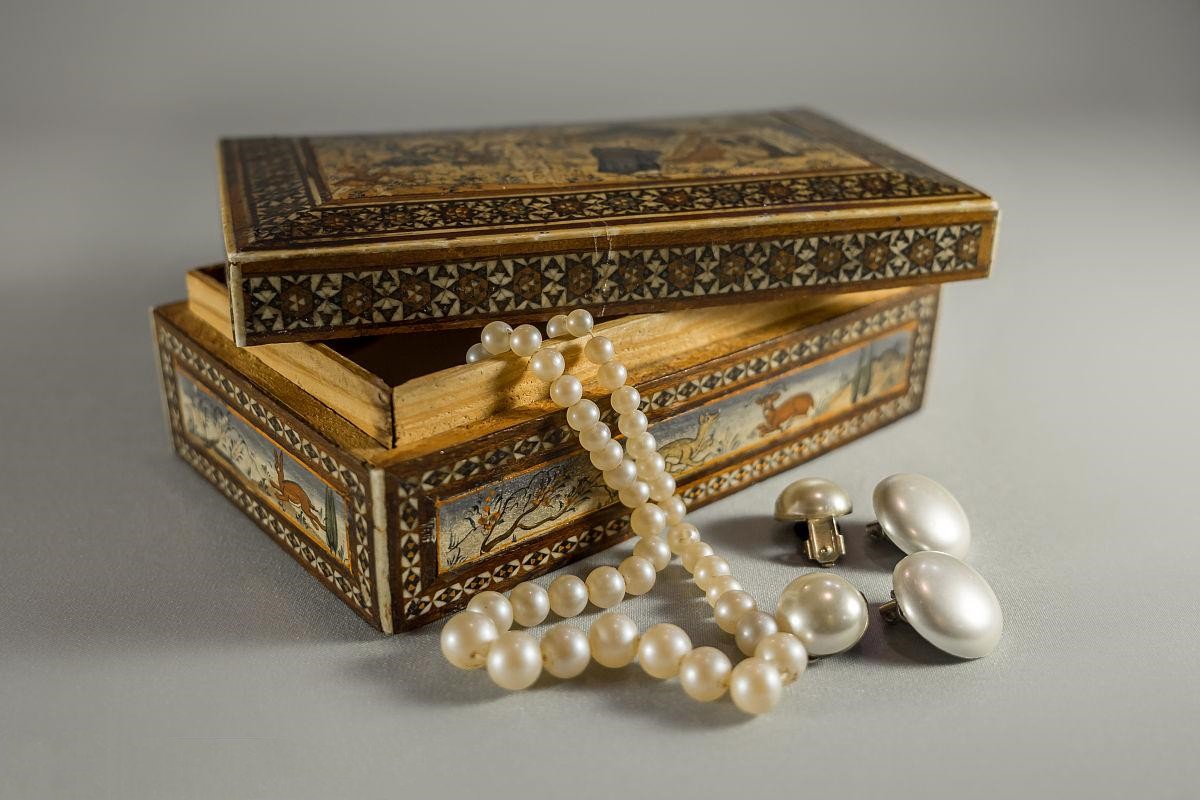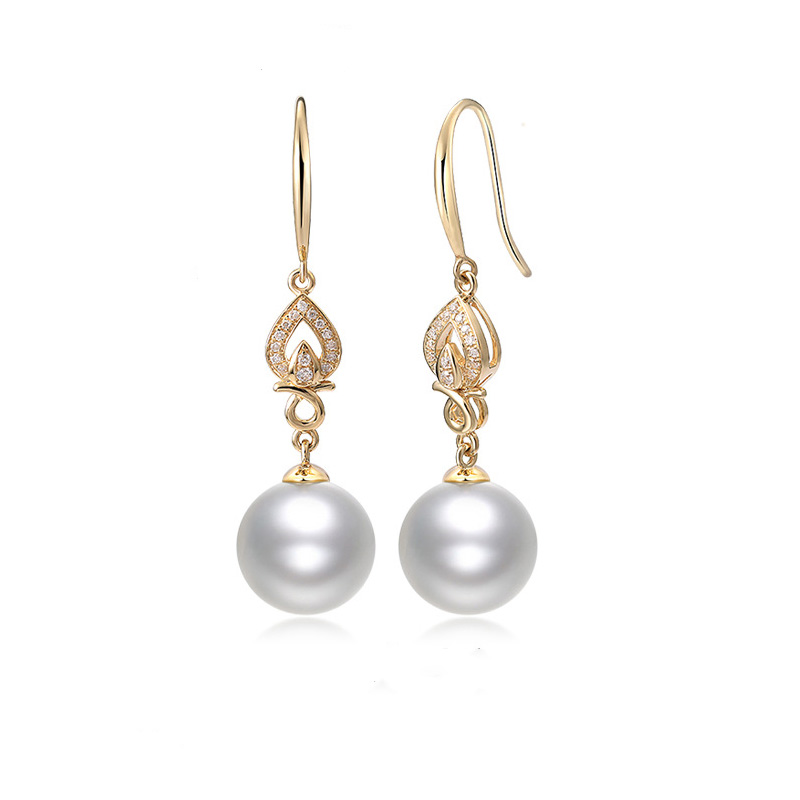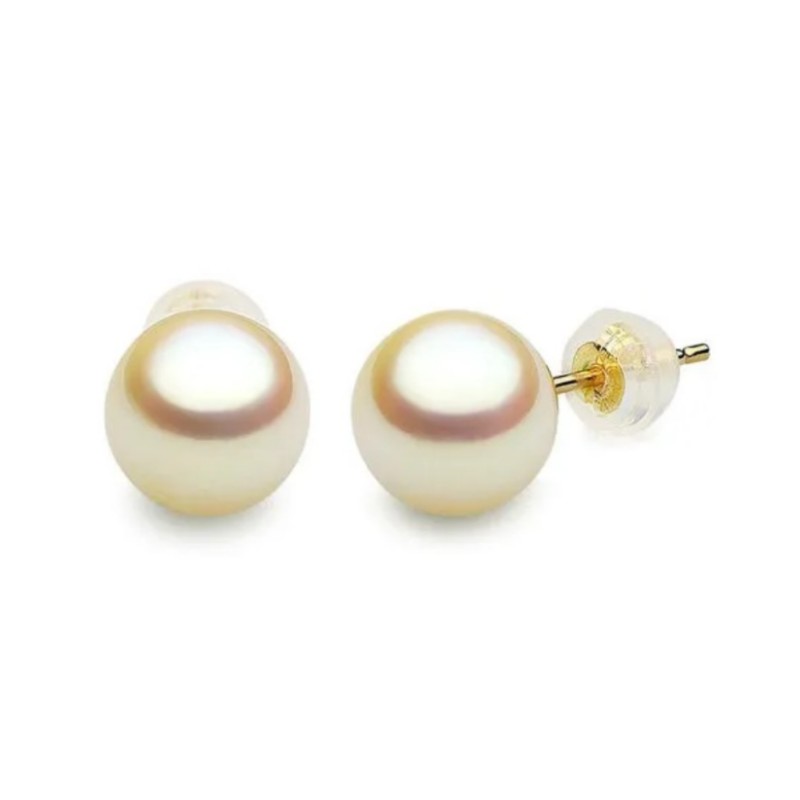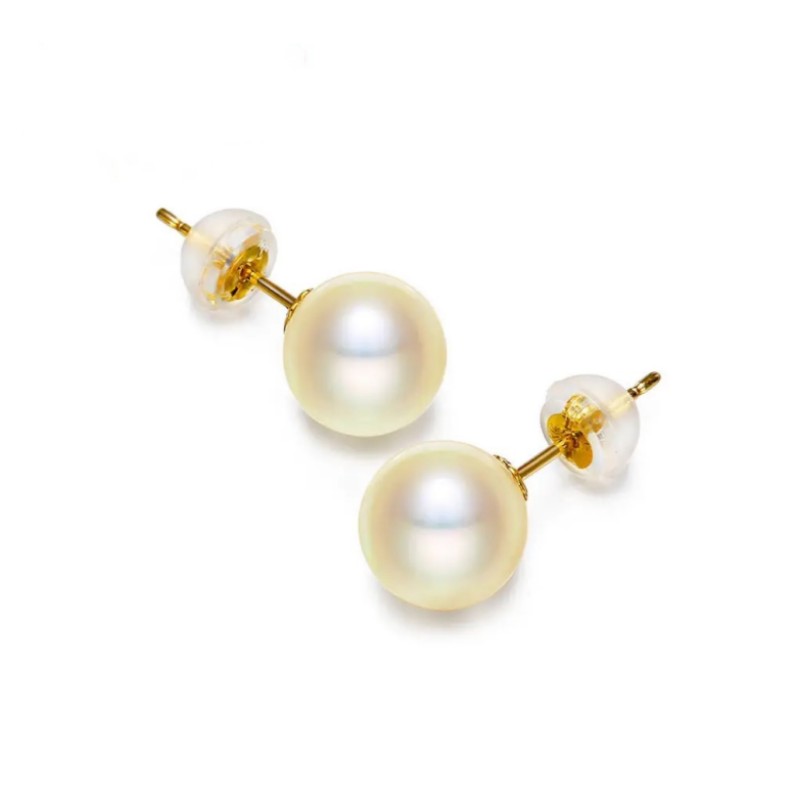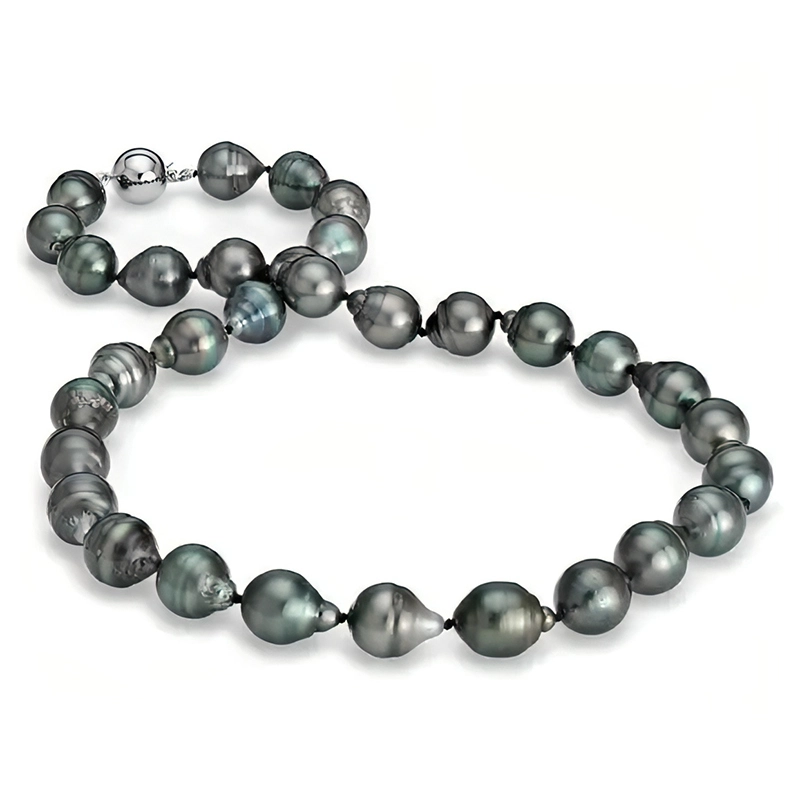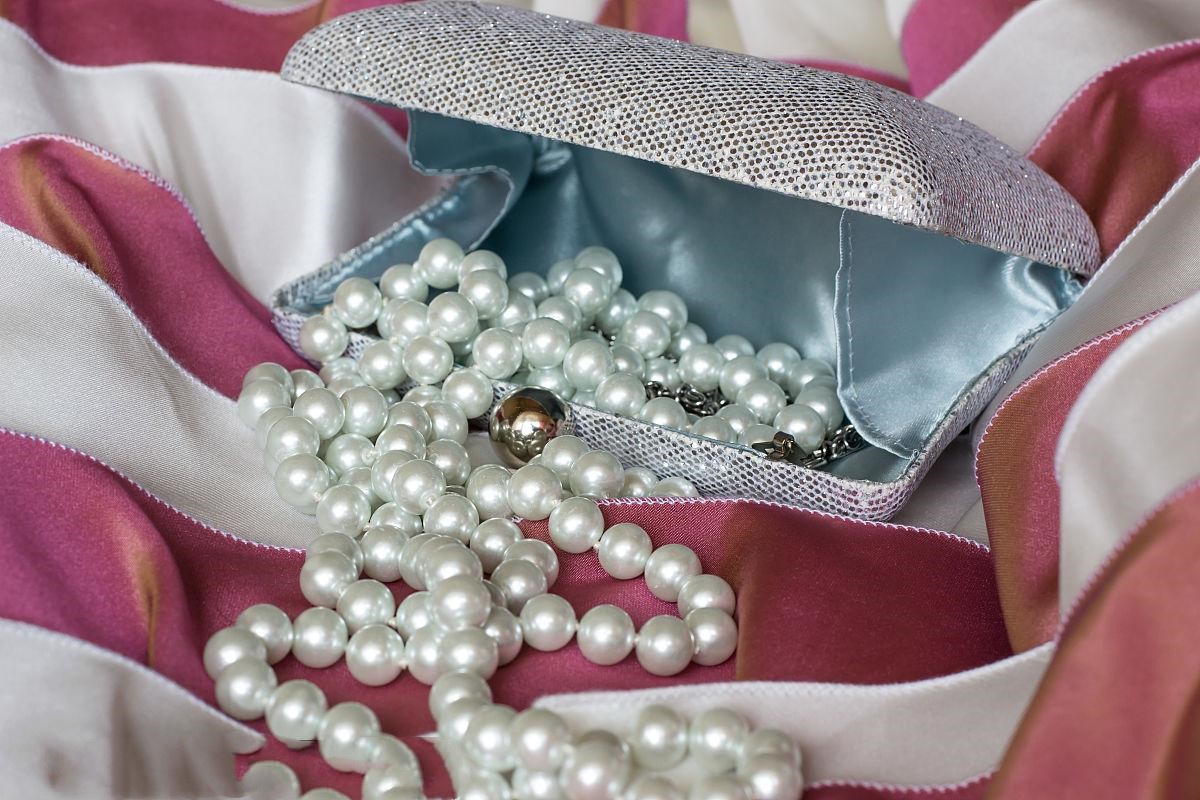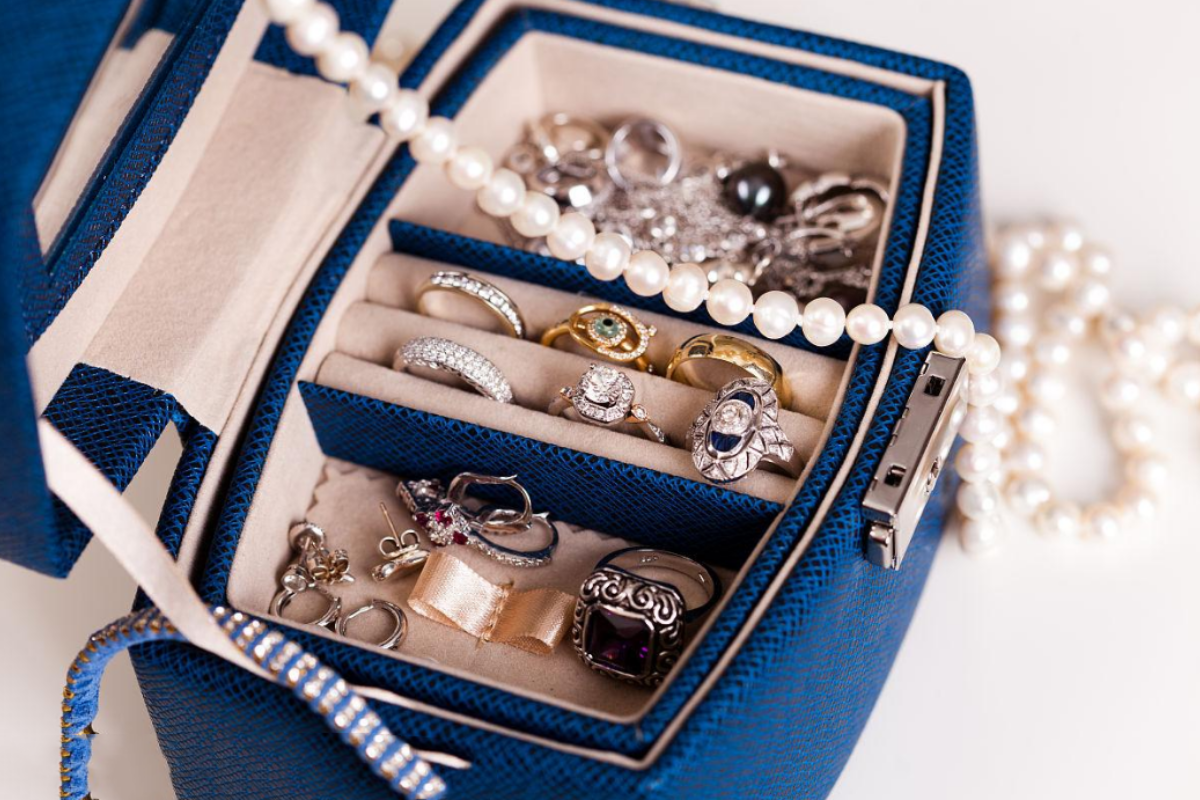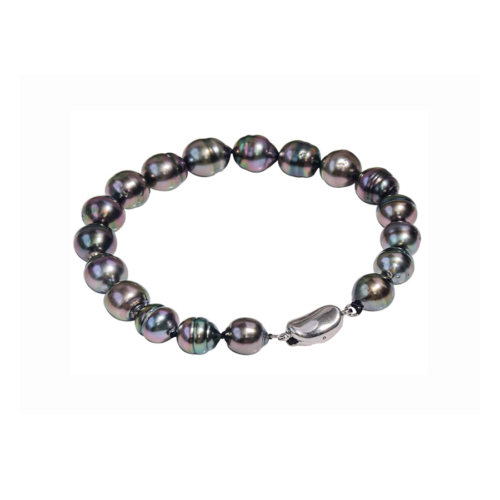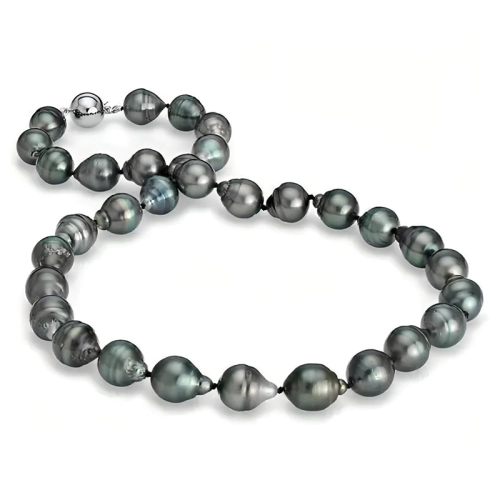Expert Tips for Cleaning Jewellery Importance of cleaning jewellery regularly
When it comes to owning jewellery, regular cleaning is a crucial aspect of maintenance. Jewellery can accumulate dirt, oils, and other substances over time, which can dull its shine and potentially damage its delicate components. By cleaning your jewellery regularly, you can ensure that it remains in pristine condition, maintaining its beauty and value for years to come.
One of the main reasons why cleaning jewellery is important is to remove accumulated dirt and oils. When jewellery is worn, it comes into contact with our skin, which naturally produces oils. Over time, these oils can build up and create a layer of grime on the surface of the jewellery, making it appear dull and lacklustre. Additionally, dirt and dust particles in the environment can settle on jewellery and further contribute to its dullness. By cleaning your jewellery regularly, you can remove these substances and restore their natural brilliance.
Another reason to clean jewellery regularly is to prevent damage. Certain substances, such as lotions, perfumes, and hairsprays, can be corrosive to jewellery. When these substances come into contact with jewellery and are not promptly cleaned off, they can cause the metal to tarnish or the gemstones to become dull. By cleaning your jewellery regularly, you can remove any potentially harmful substances and prevent them from causing long-term damage.
It is also worth noting that regular cleaning allows you to inspect your jewellery for any signs of damage or wear. By closely examining your jewellery during the cleaning process, you can identify any loose or missing gemstones, bent prongs, or other issues that may require professional attention. Catching these problems early on can prevent further damage and potentially save you from costly repairs in the future.
In conclusion, regular cleaning is essential for maintaining the beauty and longevity of your jewellery. By removing accumulated dirt and oils, preventing damage, and inspecting for any issues, you can ensure that your jewellery remains in pristine condition for years to come.
Common mistakes to avoid when cleaning jewellery
While cleaning jewellery is important, it is equally crucial to avoid common mistakes that can potentially damage your precious pieces. Here are some key mistakes to avoid when cleaning your jewellery:
- Using harsh chemicals: Avoid using harsh chemicals, such as bleach or ammonia, as they can be too abrasive for delicate jewellery. Instead, opt for mild, non-abrasive cleaners specifically designed for jewellery.
- Overexposure to water: While it is necessary to clean jewellery with water, overexposure can be detrimental. Excessive exposure to water can cause damage to certain gemstones, weaken the settings, or lead to tarnishing in metals. Be mindful of the recommended cleaning time and ensure thorough drying after cleaning.
- Rough cleaning techniques: Aggressive scrubbing or using abrasive materials can scratch or damage the surface of your jewellery. Instead, use a soft-bristle toothbrush or a lint-free cloth to gently clean your pieces.
- Neglecting to remove jewellery during certain activities: Certain activities, such as swimming or exercising, can expose your jewellery to chemicals, sweat, or impact, which can damage or loosen gemstones. It is advisable to remove your jewellery before engaging in these activities.
- Ignoring professional cleaning: While cleaning jewellery at home is important, it is equally necessary to periodically have your jewellery professionally cleaned. Professionals have the expertise and equipment to thoroughly clean and restore your jewellery, ensuring its longevity and preserving its value.
By avoiding these common mistakes, you can ensure that your jewellery cleaning routine is effective and safe, preserving the beauty and integrity of your precious pieces.
Different methods for cleaning different types of jewellery
Cleaning jewelry requires different methods depending on the type of material and gemstones used. Here are some specific methods to clean different types of jewelry:
How to Clean Pearls
Are you ready to learn the secret to keeping your pearls necklaces sparkling and lustrous? Well, get ready because I’m about to spill the beans on how to clean pearls like a pro! Pearls are one of nature’s most precious and delicate gems, so it’s important to know the right way to clean them to ensure their longevity. Cleaning pearls is a simple process that can be done at home with a few basic supplies. So, let’s dive in and discover the best way to make your pearls shine!
First things first, gather your cleaning supplies. You will need a soft, lint-free cloth, mild soap or detergent, and lukewarm water. Avoid using any harsh chemicals or abrasive materials, as these can damage the pearls. Once you have everything ready, it’s time to start cleaning.
Begin by moistening the cloth with lukewarm water. Gently wipe the pearls with a damp cloth to remove any dirt or residue. Be careful not to scrub too hard or put too much pressure on the pearls, as this can cause scratches or damage to the delicate surface.
Next, mix a small amount of mild soap or detergent with lukewarm water in a bowl. Dip a clean cloth into the soapy water and wring out any excess liquid. Gently wipe the pearls with the damp cloth, being sure to clean all sides and angles. Again, remember to be gentle and avoid rubbing too vigorously.
Once you have cleaned the pearls, rinse them thoroughly with lukewarm water to remove any soap residue. It’s important to rinse them well to ensure that no soap is left behind, as this can dull their shine. After rinsing, pat the pearls dry with a clean, soft cloth.
Now that your pearls are clean and dry, it’s time to store them properly. Pearls are best stored in a soft pouch or lined jewelry box to protect them from scratches or damage. Avoid storing them with other jewelry that may scratch or tangle with the pearls.
Remember, regular cleaning and proper storage are key to maintaining the beauty and longevity of your pearls. By following these simple steps, you can keep your pearls looking as stunning as the day you first laid eyes on them. So go ahead and show off your beautiful pearls earrings with pride, knowing that you have the knowledge to keep them looking their best!
How to Clean 18K Gold Jewelry
Are you ready to learn the secrets of keeping your 18K gold jewelry looking as dazzling as the day you bought it? Well, get ready because I am about to share with you the most effective and exciting techniques for cleaning your precious gold pieces. We all know that 18K gold is not only beautiful but also quite delicate, so it’s important to handle it with care. But fear not, my friends, for I am here to guide you through the process step by step.
First things first, gather all your 18K gold jewelry and bring them to a well-lit area. It’s important to have good visibility so you can see every nook and cranny of your precious pieces. Now, take a soft-bristled toothbrush and dip it into a bowl of warm water mixed with a mild detergent. Gently scrub each piece of jewelry, paying special attention to any intricate designs or crevices. This will help remove any dirt or oils that may have accumulated over time.
Next, rinse the jewelry under warm running water, making sure to remove all traces of the detergent. Be careful not to drop any of your pieces down the drain – that would be a disaster! Once rinsed, pat the jewelry dry with a soft cloth. Avoid using tissues or paper towels as they may scratch the delicate surface of the gold.
Now comes the exciting part – polishing! Take a jewelry polishing cloth and gently rub it against your 18K gold pieces. This will restore their natural shine and luster. Be sure to use long, sweeping motions rather than circular ones to prevent any unnecessary scratching. You’ll be amazed at how your jewelry glimmers and sparkles after this step!
If you want to take your cleaning routine to the next level, you can also invest in an ultrasonic jewelry cleaner. These devices use high-frequency sound waves to create tiny vibrations that gently remove dirt and debris from your jewelry. Simply fill the cleaner with warm water and a few drops of mild detergent, place your gold pieces inside, and let the ultrasonic waves do their magic. It’s like giving your jewelry a spa day!
In conclusion, cleaning your 18K gold jewelry doesn’t have to be a daunting task. With the right tools and techniques, you can keep your precious pieces looking as good as new. So go ahead, grab that toothbrush and jewelry polishing cloth, and let the excitement of restoring your gold jewelry’s beauty begin!
9.0-11.0mm AAA Round White South Sea Pearl & Diamond Dangle Earrings
$1,599.00 – $2,199.00
23% Off
8.5-9.0mm AAAA Round Golden Japanese Akoya Pearl Stud Earrings
$359.00
8.0-8.5mm AAAA Round Golden Japanese Akoya Pearl Stud Earrings
$299.00
7.5-8.0mm AAAA Round Golden Japanese Akoya Pearl Stud Earrings
$249.00
How to Clean 14K Gold Jewelry
Cleaning 14K gold jewellery follows a similar process to cleaning 18K gold jewellery. Prepare a mixture of warm water and mild dish soap, soak the jewellery, scrub gently with a soft toothbrush, and rinse thoroughly. However, it is important to note that 14K gold is slightly more durable than 18K gold, so you can use a slightly firmer hand when scrubbing.
How to Clean Silver Jewelry

Are you tired of your silver jewelry losing its shine? Well, fret no more because I am about to share with you the ultimate secret to bringing back the sparkle to your precious silver pieces! Cleaning silver jewelry may seem like a daunting task, but with the right techniques and a little bit of effort, you can restore its luster in no time. So grab your tarnished treasures and get ready for a jewelry-cleaning adventure!
First things first, gather all the necessary supplies. You will need a soft cloth or a silver polishing cloth, mild dish soap, warm water, a toothbrush with soft bristles, and a bowl. Make sure to choose a well-lit area to work in, preferably near a sink. Now that we are all set, let’s dive into the cleaning process.
Start by filling the bowl with warm water and adding a few drops of mild dish soap. Mix it gently until it forms a soapy solution. Place your silver jewelry pieces into the bowl and let them soak for about five minutes. This step will help loosen any dirt or residue that has accumulated on the surface.
After the soaking period is complete, take out one piece of jewelry at a time and use the toothbrush to gently scrub away any remaining dirt or tarnish. Be careful not to scrub too hard, as this may scratch the silver. Pay special attention to intricate details and hard-to-reach areas. The toothbrush’s bristles will help remove any stubborn grime without causing damage.
Once you have thoroughly cleaned each piece, rinse them under running water to remove any soap residue. Make sure to hold the jewelry firmly so that it doesn’t slip down the drain! After rinsing, pat them dry with a clean cloth or let them air dry naturally. Avoid using paper towels as they can leave behind lint or scratches.
For an extra touch of shine, you can use a silver polishing cloth to gently buff the jewelry. These special clclothesre designed to remove tarnish and bring out the silver’s natural brilliance. Simply rub the cloth over the surface of each piece, and watch as the tarnish disappears, leaving behind a radiant shine.
Voila! Your silver jewelry is now clean and sparkling like new! By following these simple steps, you can easily maintain the beauty and longevity of your precious silver pieces. So go ahead and show off your dazzling accessories with confidence, knowing that they are always ready to shine bright!
12.0mm Round Tahitian Pearl & Diamond Ring
$1,399.00 – $1,699.00
13% Off
9.0mm Round Tahitian Pearl & Diamond Ring
$569.00 – $659.00
14% Off
9.0-12.0mm Round Tahitian Pearl & Diamond Ring
$589.00 – $1,399.00
16% Off
10.0mm Round Tahitian Pearl & Diamond Ring
$739.00 – $849.00
14% Off
How to Clean Gem Jewelry
Gemstone jewellery requires careful cleaning to avoid damaging the stones. Start by gently wiping the jewellery with a soft, damp cloth to remove any surface dirt. Avoid using any harsh cleaners or abrasive materials that may scratch or dull the gemstones. If necessary, you can use a mild soap and water solution, but be sure to rinse thoroughly and pat dry with a soft cloth. For specific gemstones, such as diamonds or sapphires, you can use a jewellery cleaning solution specifically formulated for those stones.
By following these specific methods for cleaning different types of jewellery, you can ensure that your precious pieces are properly cared for and maintain their beauty and value over time.
Tips for preventing tarnish and damage to jewellery
Prevention is key when it comes to preserving the beauty and longevity of your jewellery. Here are some essential tips to prevent tarnish and damage:
- Avoid exposure to harsh chemicals: Remove your jewellery before using cleaning products, swimming in chlorinated water, applying beauty products, or engaging in activities that involve exposure to chemicals.
- Store jewellery properly: Store your jewellery in a clean, dry place away from direct sunlight and extreme temperatures. Consider using individual pouches or compartments to prevent scratching or tangling.
- Remove jewellery during physical activities: Remove your jewellery before engaging in activities that may cause impact or strain, such as exercising, playing sports, or doing household chores.
- Clean jewellery after each wear: Develop a habit of gently wiping your jewellery with a soft cloth after each wear to remove oils, dirt, and other residues that may cause tarnish or damage.
- Avoid excessive handling: Limit the amount of time you spend touching your jewellery, as the oils and acids from your skin can contribute to tarnishing.
By following these preventive measures, you can significantly reduce the risk of tarnish and damage to your jewellery, ensuring that it remains in pristine condition for years to come.
Best practices for storing and maintaining jewellery
Proper storage and maintenance play a crucial role in preserving the beauty and longevity of your jewelry. Here are some best practices to follow:
- Separate and organize: Store each piece of jewelry separately to prevent scratching or tangling. Consider using individual pouches, jewelry boxes with compartments, or a jewelry organizer to keep your pieces organized and protected.
- Avoid exposure to moisture: Moisture can cause tarnish and damage to certain metals and gemstones. Store your jewelry in a dry environment and avoid storing it in the bathroom or near sources of water.
- Keep away from direct sunlight: Prolonged exposure to sunlight can fade or damage certain gemstones and cause metals to become discolored. Store your jewelry in a place away from direct sunlight or use a jewelry box with UV protection.
- Regular inspections: Regularly inspect your jewelry for any signs of damage, loose stones, or worn-out clasps. If you notice any issues, take your jewelry to a professional jeweler for repair.
- Professional maintenance: Periodically take your jewelry to a professional jeweler for maintenance and cleaning. They have the expertise and tools to clean, polish, and restore your jewelry to its original beauty.
By following these best practices for storing and maintaining your jewellery, you can ensure that your precious pieces are protected and well-maintained for years to come.
Cleaning jewellery at home vs. getting it professionally cleaned
When it comes to cleaning jewellery, you have the option of doing it yourself at home or entrusting it to a professional jeweler. Both methods have their pros and cons, so let’s explore each option:
Cleaning jewellery at home offers convenience and cost-effectiveness. With the right tools and cleaning solutions, you can maintain the beauty of your jewellery on a regular basis.
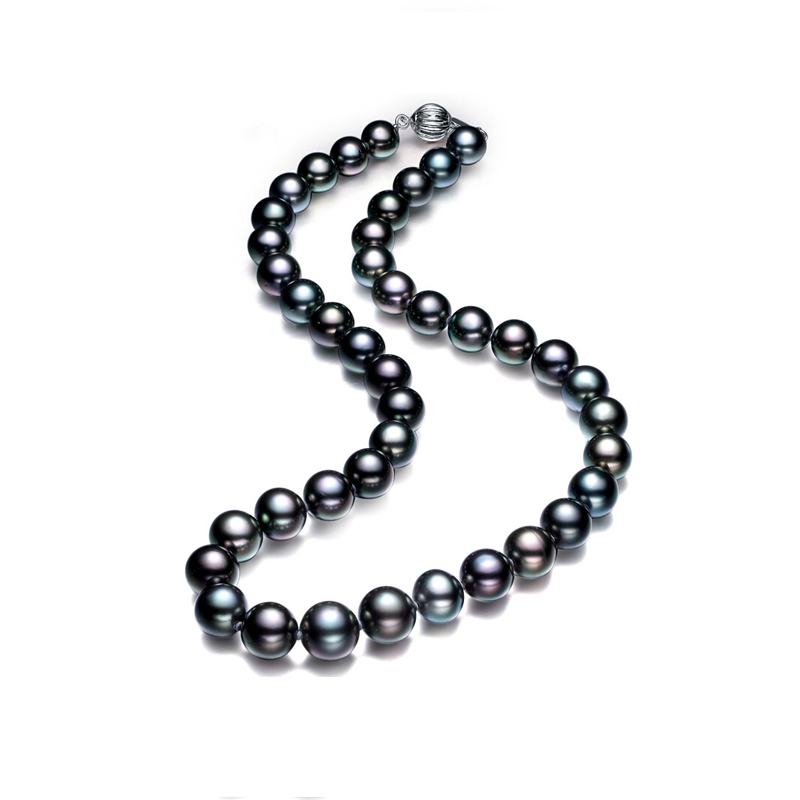
Home cleaning gives you the flexibility to clean your pieces whenever you deem necessary and saves you the time and effort of taking them to a jeweler. However, it is important to note that home cleaning may not be suitable for all jewelry types, especially delicate or high-value pieces. If you are unsure about the proper cleaning method for a specific piece, it is best to consult a professional.
Getting your jewelry professionally cleaned offers several advantages. Professional jewelers have the expertise and specialized equipment to clean and restore your jewelry to its original beauty. They can address specific cleaning needs based on the type of jewelry and gemstones involved. Professional cleaning also allows for a comprehensive inspection, during which any issues or damage can be identified and repaired. However, professional cleaning may come at a cost and may require you to part with your jewelry for a certain period.
In conclusion, both home cleaning and professional cleaning have their merits. For regular maintenance and cleaning of most jewelry pieces, home cleaning can be sufficient. However, for delicate, high-value, or complex pieces, it is advisable to seek the expertise of a professional jeweler. Ultimately, the choice between home cleaning and professional cleaning depends on the specific needs of your jewelry and your personal preferences.
In conclusion, cleaning jewelry regularly is essential for maintaining its beauty and longevity. By avoiding common mistakes, using appropriate cleaning methods for different types of jewelry, preventing tarnish and damage, and following best practices for storage and maintenance, you can ensure that your precious pieces remain in pristine condition. Whether you choose to clean your jewelry at home or have it professionally cleaned, regular care and attention will keep your jewelry shining for years to come.
10.0-12.0mm Tahitian Baroque Pearl Necklace
Original price was: $2,599.00.$2,299.00Current price is: $2,299.00.
12% Off
10.0-11.0mm Tahitian Baroque Pearl Necklace
Original price was: $2,199.00.$1,899.00Current price is: $1,899.00.
14% Off
9.0-11.0mm Tahitian Baroque Pearl Necklace
Original price was: $1,599.00.$1,299.00Current price is: $1,299.00.
19% Off
8.0-10.0mm Tahitian Baroque Pearl Necklace
Original price was: $1,099.00.$899.00Current price is: $899.00.
18% Off

